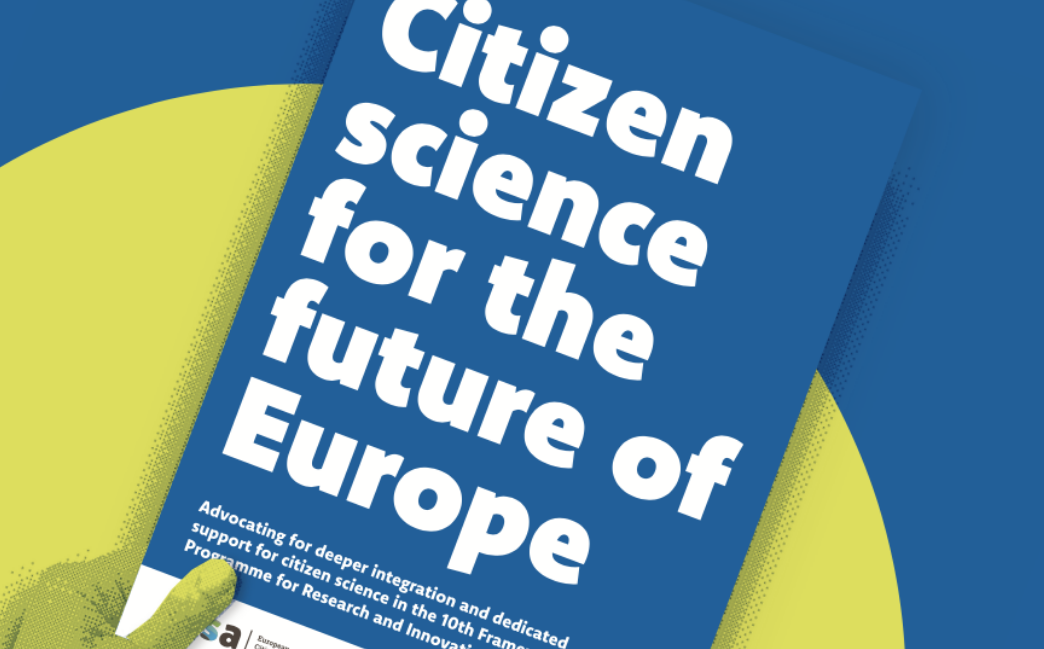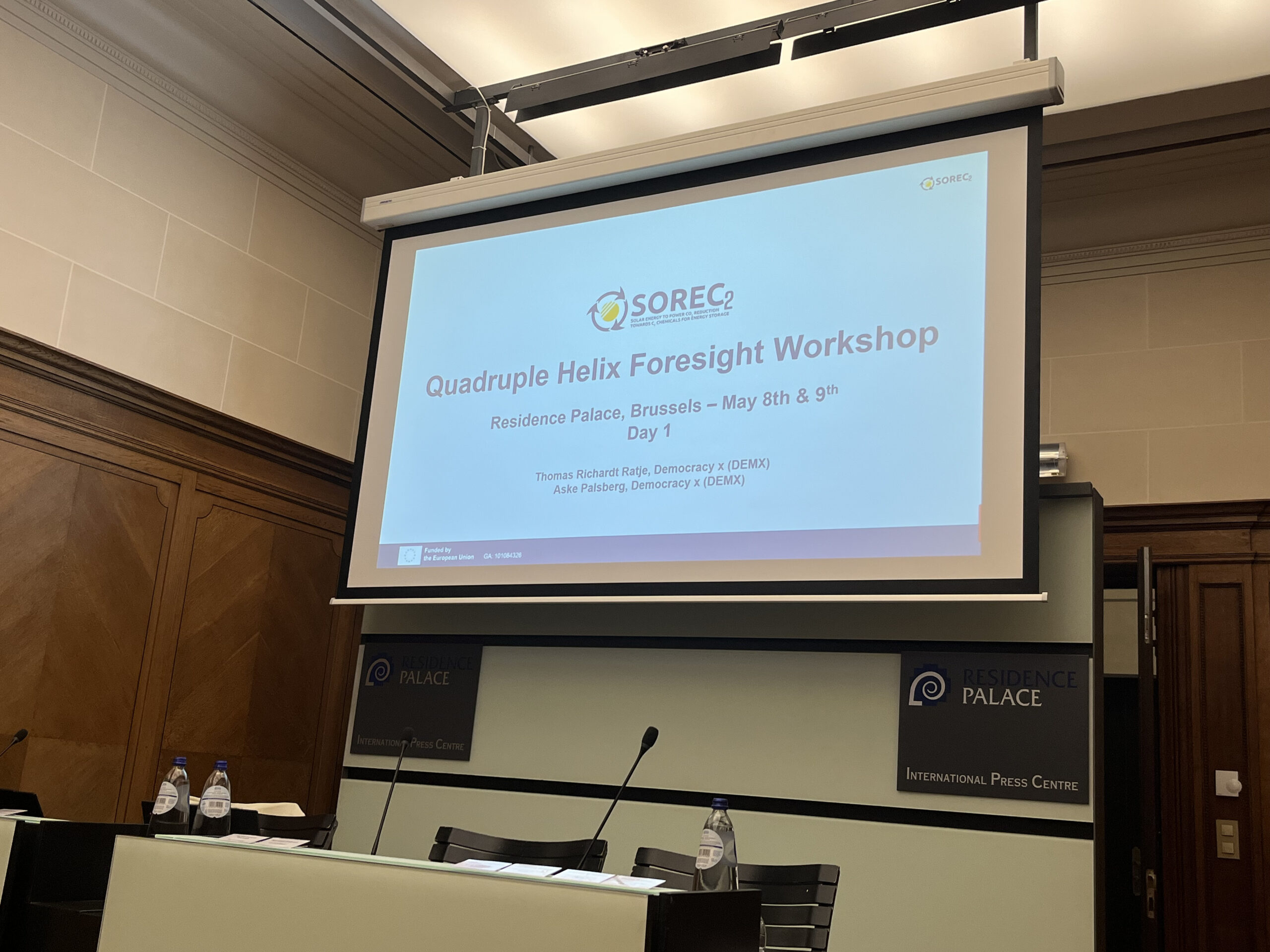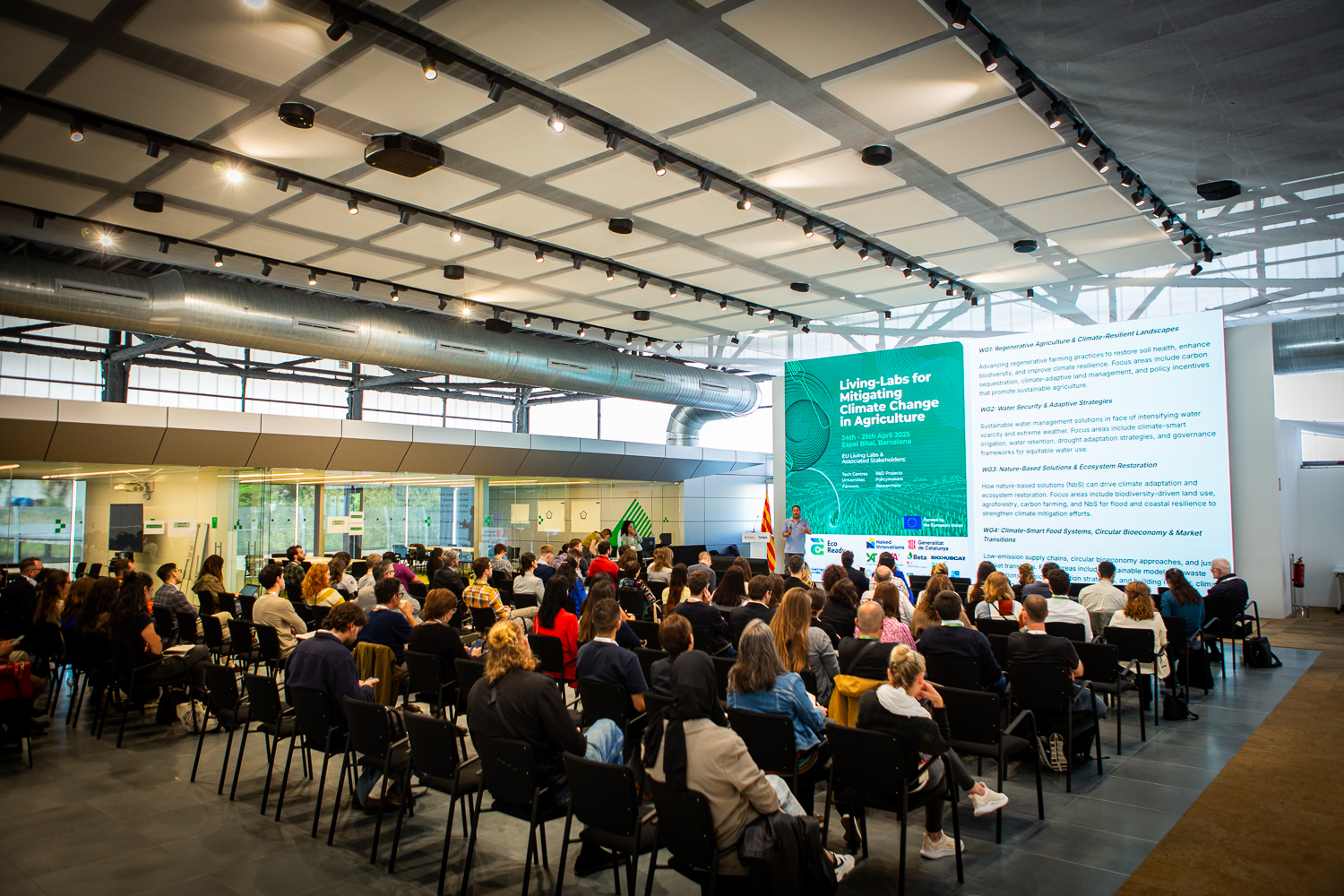
15 de May de 2025
Position Paper Launch: Citizen Science for the Future of Europe – advocating for deeper integration and dedicated support for citizen science in the 10th Framework Programme for Research and Innovation (FP10)
The European citizen science community has released the Position Paper Citizen Science for the Future of Europe, urging the European Commission to place citizen science at the core of FP10. Developed collaboratively by the ECSA Working Group on Policy, Strategy, Governance and Partnerships, the European Citizen Science (ECS) project and CS practitioners across Europe—including Science for Change—the paper distils two decades of grassroots innovation into 5 key recommendations and 10 further support recommendations. These recommendations are designed to help the EU confront today’s societal and environmental challenges in collaboration with citizens accelerating innovations and discoveries that deliver both social and economic benefits. Additionally, the Position Paper supports the EU’s Open Science Agenda and aligns with the ERA Policy Agenda 2025–2027 by promoting shared knowledge, empowering local communities, and strengthening public trust in science.
From Vision to Voice: Why FP10 Needs Citizen Science
Over the past twenty years, citizen science has evolved from niche pastime to powerful research driver, harnessing smartphone apps, open‑data platforms and social media to address challenges from biodiversity loss to air quality monitoring. Horizon Europe embedded citizen engagement within its mission‑oriented approach, and the ERA Policy Agenda 2022–2024 prioritised public involvement to reinforce trust in science. Yet without dedicated funding lines and streamlined processes, this momentum risks stalling just as demand for inclusive, democratic research models peaks.
Key Recommendations for FP10
- Dedicated citizen science programme line: Establish a specific funding line for citizen science in FP10, building on the success of H2020’s “Science with and for Society” programme, to develop innovative ways of connecting science and society.
- Mainstream citizen science principles across FP10: Embed participatory research methodologies in all funding calls to ensure cross-cutting integration.
- Sustainable funding mechanisms: Provide long-term funding, including multi-year sustaining, and upscaling grants. Funding calls dedicated to the continuation and upscaling of successful ongoing citizen science initiatives will enable longer-term campaigns with broad participation and (data) stewardship models.
- Grassroots funding: Empower local communities, small-scale initiatives and civil society organisations with accessible and adaptable support, including micro-grants with simplified procedures (potentially through cascading grants mechanism from HE) and participatory budgeting mechanisms.
- Open topic calls: Introduce more non-prescriptive calls to responsively address societal challenges through bottom-up, citizen-driven research and interdisciplinary collaboration.
Synergies Beyond the Paper
The Position Paper aligns with other strategic voices: Science Europe’s call for a €200 billion R&I budget in FP10 echoes the need for inclusive, open research models, while EARMA’s “10 Recommendations for FP10” emphasise streamlined funding processes and stakeholder co‑creation—reinforcing the central role of citizen science.
Science for Change’s Contributions
In its active role in drafting the Position Paper, Science for Change helped highlight several flagship projects illustrating citizen science’s transformative potential:
- COALESCE: Establishing the European Competence Centre for Science Communication, a hub for rapid‑response guidelines, training modules and best practices, with SfC as scientific coordinator.
- D‑NOSES: Under “Bottom‑up policy change,” the OdourCollect app enabled volunteers at ten sites to log 10,000 odour observations, directly informing EU air‑quality discussions.
- ECS: Building on the earlier eu.citizen.science initiative, ECS now keeps improving the eu‑citizen.science, connecting over 5,000 practitioners across 37 countries with tools, training and community exchange.
- IMPETUS: In “Driving impact,” IMPETUS provides cascade grants and the European Union Prize for Citizen Science, offering structured funding to scale successful small‑scale projects.
- NEWSERA: Featured in “Upgrading impact assessment” for its #CitSciComm Labs, coordinated by SfC with 39 initiatives to co‑design participatory communication models that counter misinformation and enhance data literacy.
Show Your Support!
As Europe prepares to launch FP10 in 2028, embedding citizen science will be essential to advancing research that is inclusive, participatory and aligned with societal and global needs.
Civil society organisations, citizen science practitioners, science funders, public authorities and other committed stakeholders are encouraged to endorse the Position Paper and actively contribute to bringing its recommendations into future consultations and policy discussions.
Endorse the Position Paper here: https://citizensciencefp10.eu/
Further Reading
Entradas anteriores

Brussels Workshop Gathers Experts to Shape the Future of Photo-Electrochemical Cells

SFC Showcases Citizen Science Solutions for Climate-Resilient Agriculture at EU Living Labs Conference

Together Better, the new digital tool designed to offer comprehensive and integrated care for the well-being of the citizens of Mataró